Blogging remains one of the most effective ways to share ideas, build an audience, and even earn money online. Whether you are a beginner looking for a simple platform or an experienced blogger seeking advanced customization options, there is a platform for you. If you need professional website design, app development, or SEO services, DWB.ae (Dubai Web Design) is here to help. Here are the 15 best blogging platforms to consider in 2025.
15 Best Blogging Platforms
1. WordPress.com
WordPress.com is a popular hosted blogging platform that offers ease of use and powerful customization options. It provides both free and paid plans, making it suitable for beginners and professional bloggers alike. With built-in SEO tools, responsive themes, and a strong community, WordPress.com remains a top choice for bloggers.
2. Wix
Wix is a drag-and-drop website builder with built-in blogging features. It is user-friendly and ideal for bloggers who want a visually appealing website without coding knowledge. Wix provides hundreds of templates, a flexible editor, and built-in marketing tools to help bloggers grow their audience.
3. Blogger
Owned by Google, Blogger is a free and straightforward blogging platform. It integrates seamlessly with Google services and is best for personal blogs and small projects. While it lacks advanced customization options, it offers simplicity and reliability for those who want an easy blogging experience.
4. Medium
Medium is a minimalist blogging platform that prioritizes content over customization. It has a built-in audience and is great for writers who want to focus on storytelling and thought leadership. With a clean interface and an engaged reader base, Medium helps writers gain visibility without worrying about site maintenance.
5. Ghost
Ghost is an open-source blogging platform designed for professional publishing. It offers a clean, distraction-free writing experience and is excellent for independent writers and journalists. Ghost also provides built-in membership and monetization options, making it a great choice for those looking to build a subscription-based blog.
6. Squarespace
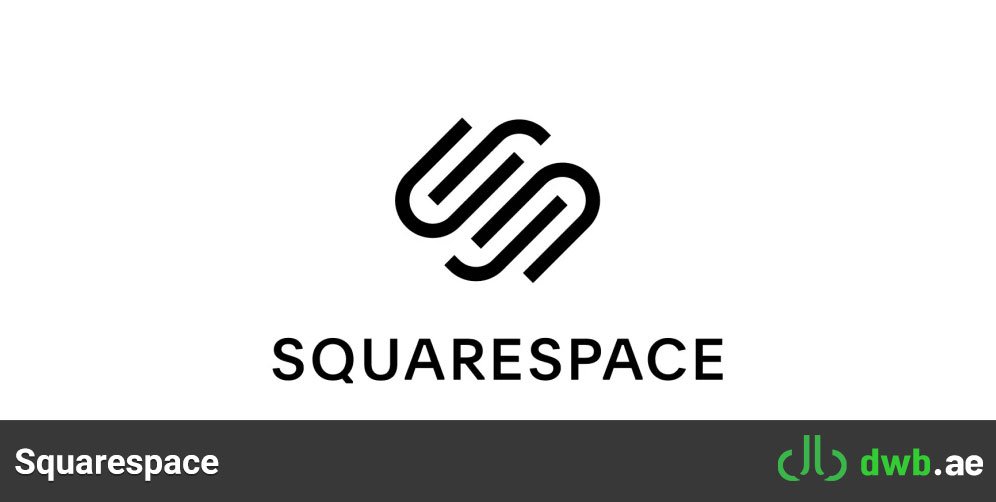
Squarespace is a premium website builder that includes robust blogging tools. It is known for its stylish templates and is ideal for bloggers who need a polished and professional design. Squarespace also includes powerful SEO features, eCommerce integration, and social media tools to help bloggers grow their brand.
7. Weebly

Weebly is another website builder with an easy-to-use blogging system. It is well-suited for beginners and small business owners who want a simple yet functional blogging platform. With its drag-and-drop builder, Weebly allows users to create beautiful blogs without technical expertise.
8. Substack
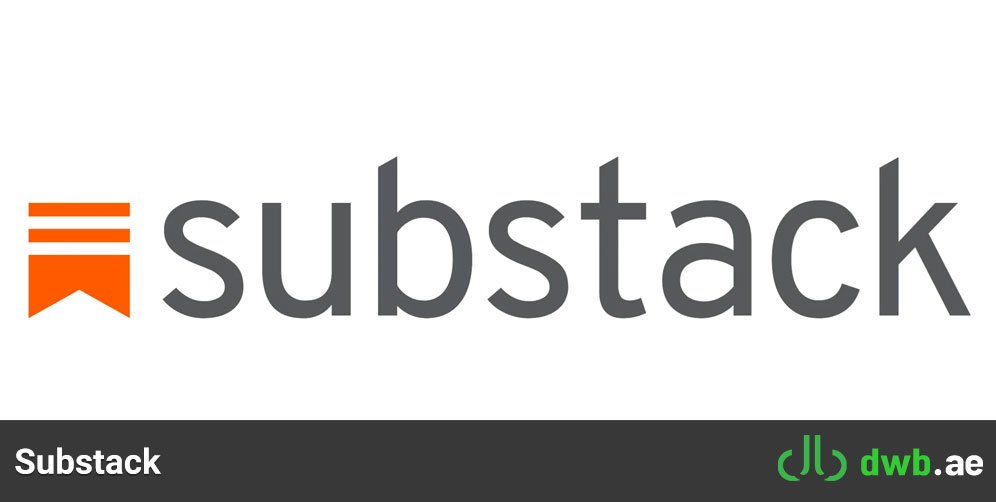
Substack is perfect for writers who want to monetize their content through subscriptions. It focuses on email newsletters and provides an easy way to build a paid audience. Writers can publish directly to subscribers, set up free or paid tiers, and utilize built-in analytics to track engagement.
9. Tumblr

Tumblr is a microblogging platform that blends blogging and social networking. It is great for sharing short-form content, multimedia, and engaging with a vibrant community. Tumblr supports GIFs, images, videos, and text posts, making it an ideal choice for creative bloggers looking for a casual, social experience.
10. Write.as

Write.as is a minimalist and distraction-free blogging platform. It is designed for privacy-conscious writers and supports anonymous publishing. Write.as allows for a clean, simple blogging experience with no ads or tracking, making it ideal for those who value privacy and focus solely on writing.
11. HubPages
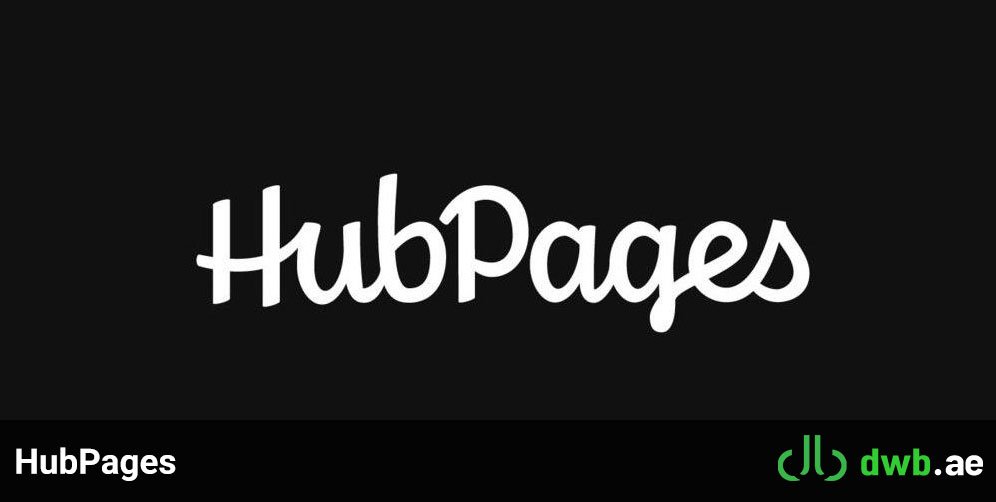
HubPages is a content-sharing platform that allows bloggers to write articles and earn money through ad revenue. It is a great option for those looking to monetize their content. Writers can publish long-form articles and earn passive income through revenue-sharing programs.
12. Postach.io
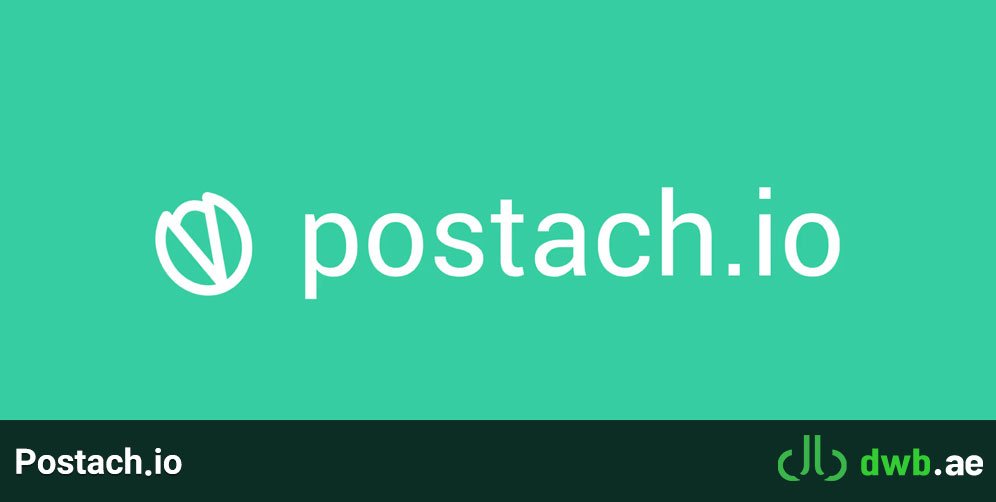
Postach.io turns your Evernote notes into a blog. It is an excellent choice for users who already use Evernote for writing and organization. By connecting an Evernote account, bloggers can instantly publish their notes as blog posts with minimal setup.
13. LiveJournal

LiveJournal is a blogging and social networking platform that encourages community interaction. It is popular for personal diaries and niche communities. LiveJournal allows users to create private or public blog entries and engage with like-minded individuals.
14. Dev.to
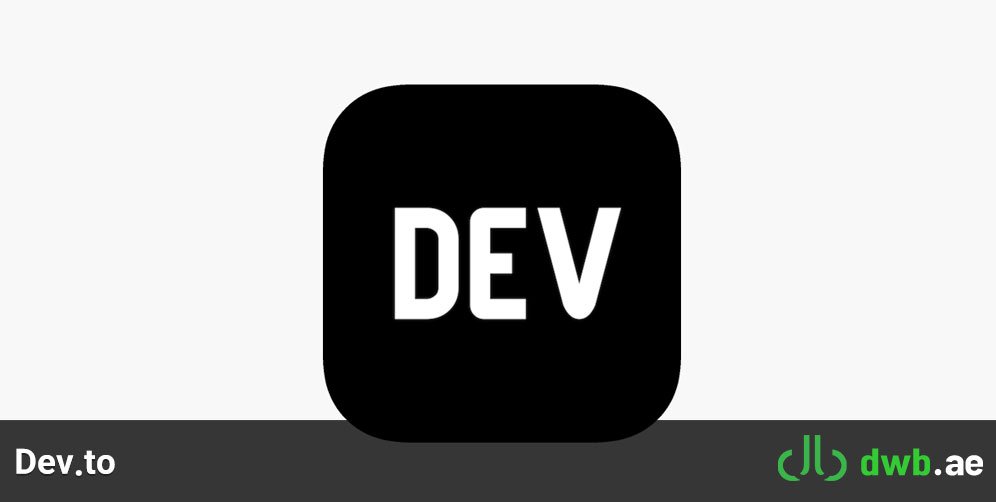
Dev.to is a blogging platform tailored for developers. It allows programmers to share knowledge, tutorials, and experiences with a tech-focused audience. With a strong developer community, Dev.to is a great place for technical discussions and networking.
15. Hashnode

Hashnode is another developer-friendly blogging platform that integrates with personal domains. It offers a clean writing experience and exposure to a large tech audience. Hashnode also provides features like Markdown support, custom domain integration, and a built-in readership of tech enthusiasts.
Conclusion
Choosing the right blogging platform depends on your goals, technical skills, and monetization plans. Whether you want a feature-rich platform like WordPress.com, a simple writing experience like Medium, or a community-driven platform like Tumblr, there is an option that suits your needs. Explore these platforms and start sharing your thoughts with the world!
















